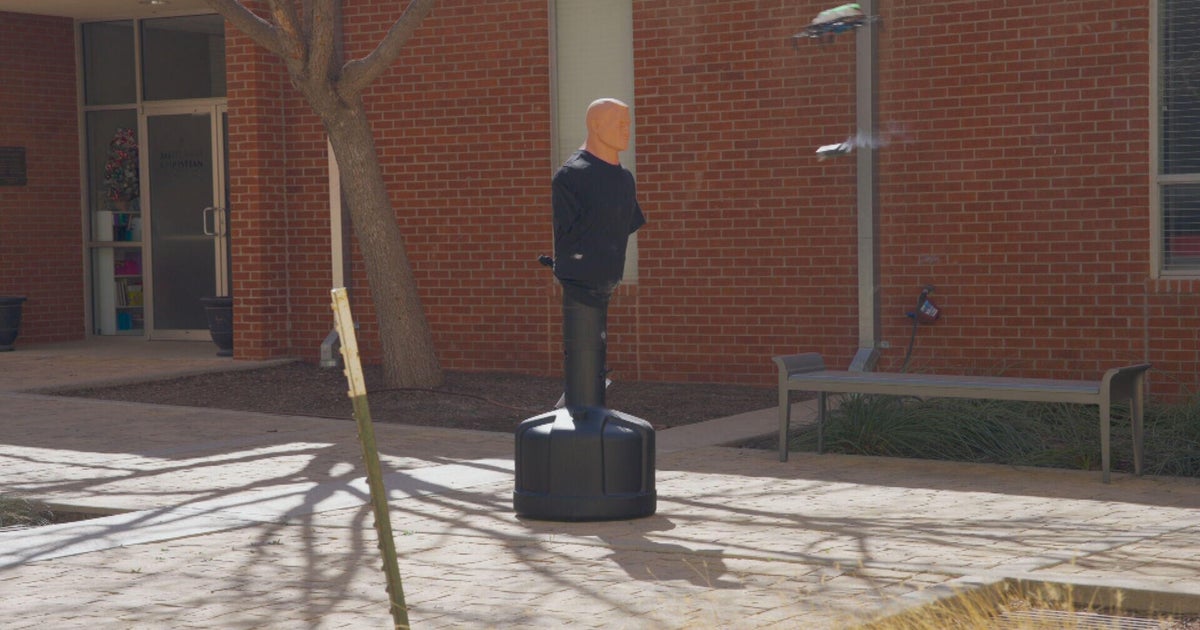Rubio Warns of AI Impersonation Risks: 'A Real Threat' in the Digital Age
Senator Marco Rubio recently sounded the alarm on the growing threat of AI impersonation, following a disconcerting incident where he received an AI-generated voicemail mimicking his own voice. While acknowledging that such technological advancements are becoming increasingly common, Rubio emphasized the potential dangers and implications for individuals and society as a whole.
The incident, which involved a sophisticated AI-generated voicemail, highlighted the ease with which malicious actors can now create convincing impersonations. Rubio described the situation as a 'real threat,' pointing to the potential for fraud, disinformation campaigns, and reputational damage. 'This is just the beginning,' he warned, underscoring the need for proactive measures to mitigate the risks associated with rapidly evolving AI technologies.
The Rise of AI Voice Cloning and Its Concerns
AI voice cloning technology has made significant strides in recent years. Sophisticated algorithms can now analyze a relatively small sample of a person's voice – often just a few minutes of audio – to create a near-perfect replica. This technology, while having legitimate applications in areas like accessibility and entertainment, is also being exploited for nefarious purposes.
The concerns extend beyond simple impersonation. AI-generated voices can be used to create convincing deepfakes, where a person's likeness and voice are combined to fabricate events or statements they never made. This poses a serious threat to public trust and can have significant political and social consequences.
Rubio's Call for Action
Senator Rubio’s comments reflect a growing awareness in Washington and beyond about the potential risks of AI. He isn't advocating for stifling innovation, but rather for a responsible approach to AI development and deployment. He believes that policymakers, technology companies, and the public need to work together to address these challenges.
Specifically, Rubio suggested several potential avenues for action, including:
- Enhanced Authentication Measures: Developing more robust methods for verifying the authenticity of digital communications, such as voice and video calls.
- AI Literacy Education: Raising public awareness about the capabilities and limitations of AI, and educating people on how to identify potential deepfakes and impersonations.
- Regulation and Oversight: Considering appropriate regulatory frameworks to govern the development and use of AI technologies, while avoiding stifling innovation.
- Industry Collaboration: Encouraging technology companies to proactively address the risks associated with their AI products and services.
Looking Ahead
The challenge of AI impersonation is likely to become even more complex as the technology continues to improve. As AI models become more sophisticated and accessible, the ability to create convincing impersonations will only increase. Senator Rubio’s warning serves as a crucial reminder of the need for vigilance and proactive measures to safeguard against the potential harms of this rapidly evolving technology. The conversation around responsible AI development and deployment is more important than ever, and Rubio’s voice adds significant weight to this critical discussion. It's a race against time to develop safeguards before the technology outpaces our ability to detect and prevent malicious use.






